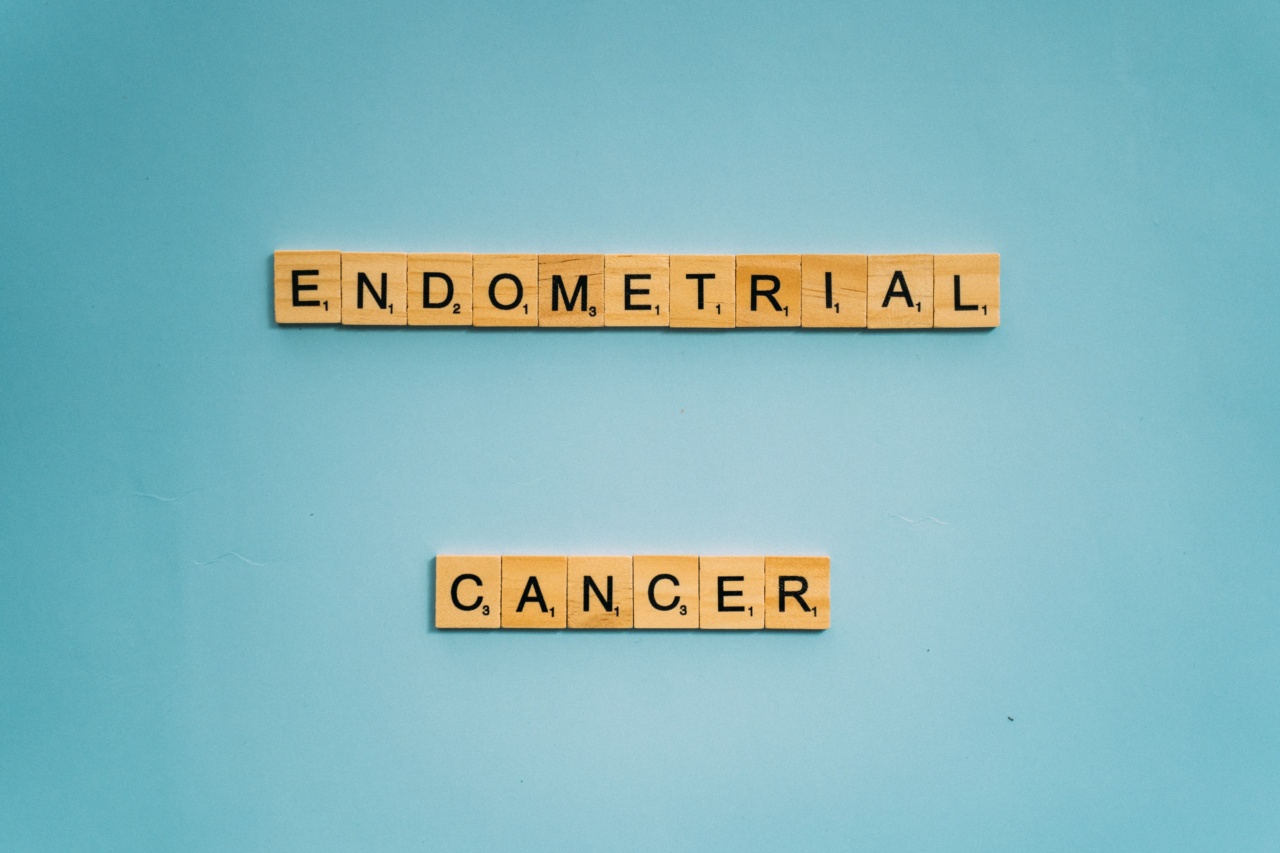Endometrial cancer, also known as uterine cancer, is a type of cancer that develops in the lining of the uterus. It’s the most common type of gynecologic cancer in the United States.
While there is no guaranteed way to prevent endometrial cancer, understanding the risk factors associated with this type of cancer can help women make informed decisions about their health.
What is Endometrial Cancer?
Endometrial cancer is a type of cancer that develops in the lining of the uterus. The uterus is a muscular organ that is an essential part of the female reproductive system. The inner lining of the uterus is known as the endometrium.
Endometrial cancer occurs when cells in the endometrium grow uncontrollably, leading to the formation of a tumor.
Key Risk Factors for Endometrial Cancer
Doctors don’t know exactly what causes endometrial cancer, but there are several factors that can increase a woman’s risk of developing this type of cancer. Here are five key risk factors to be aware of:.
1. Age
Endometrial cancer is most commonly diagnosed in women who have gone through menopause. The risk of developing endometrial cancer increases as a woman gets older.
Women who are over the age of 50 are at the highest risk for developing this type of cancer.
2. Obesity
Obesity is another risk factor associated with endometrial cancer. Women who are overweight or obese are more likely to develop this type of cancer.
This is because fat cells can produce estrogen, and high levels of estrogen can increase the risk of endometrial cancer.
3. Hormone Therapy
Hormone therapy, also known as hormone replacement therapy, is a treatment that uses hormones to replace those that the body stops making after menopause. Hormone therapy can increase a woman’s risk of developing endometrial cancer.
This is because the hormones used in this treatment can cause the endometrium to grow, which can lead to cancer.
4. Family History
If a woman has a family history of endometrial cancer, she is at a higher risk of developing this type of cancer.
Women who have a mother, sister, or daughter who has been diagnosed with endometrial cancer are more likely to develop the disease themselves.
5. Diabetes
Diabetes, a condition in which the body is unable to produce or use insulin properly, is another risk factor associated with endometrial cancer.
Women who have diabetes are more likely to develop this type of cancer, especially if their diabetes is poorly controlled.
Conclusion
Endometrial cancer is a serious condition that can significantly impact a woman’s health and quality of life.
While there is no guaranteed way to prevent endometrial cancer, understanding the risk factors associated with this type of cancer can help women make informed decisions about their health.






























